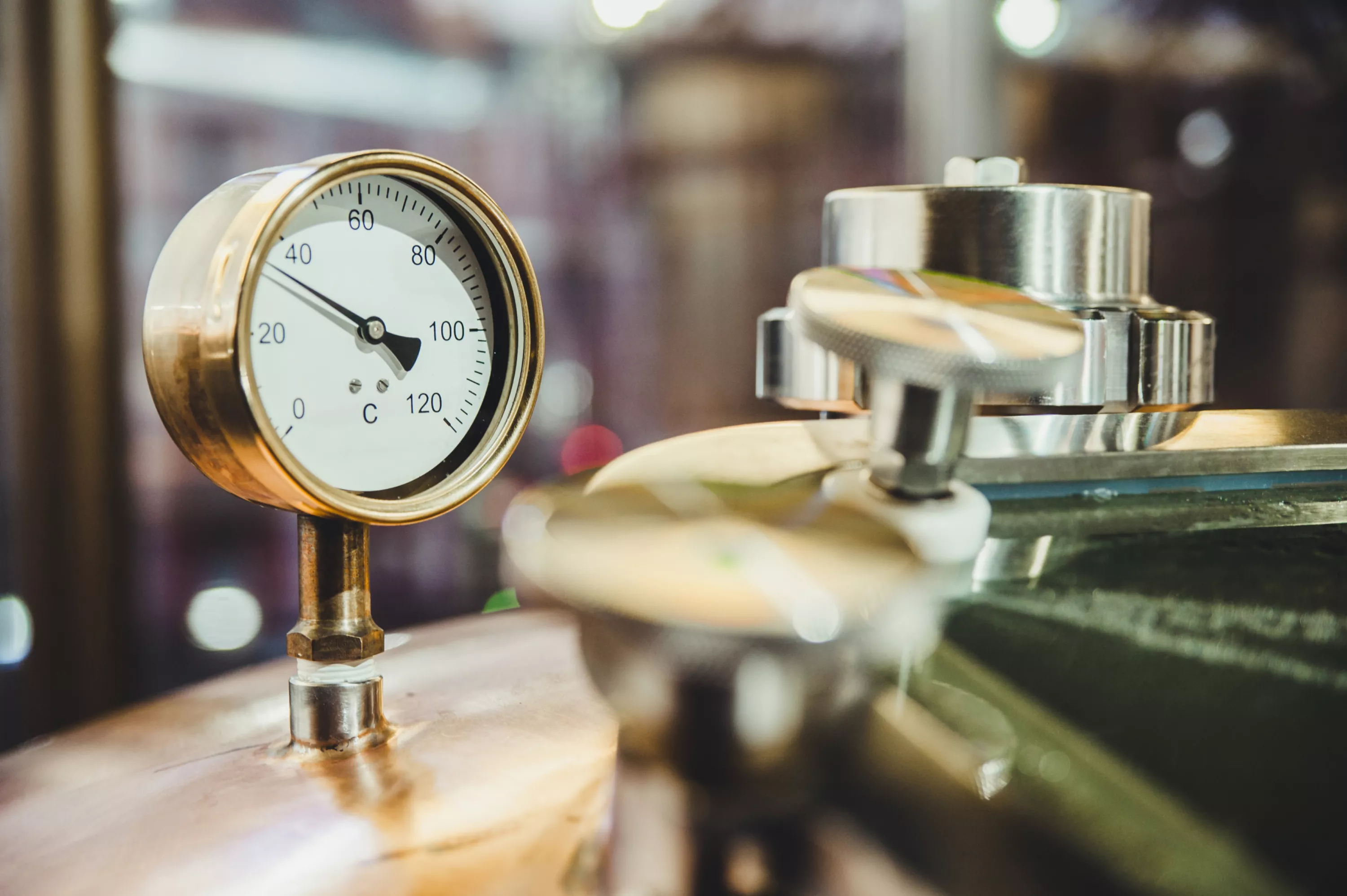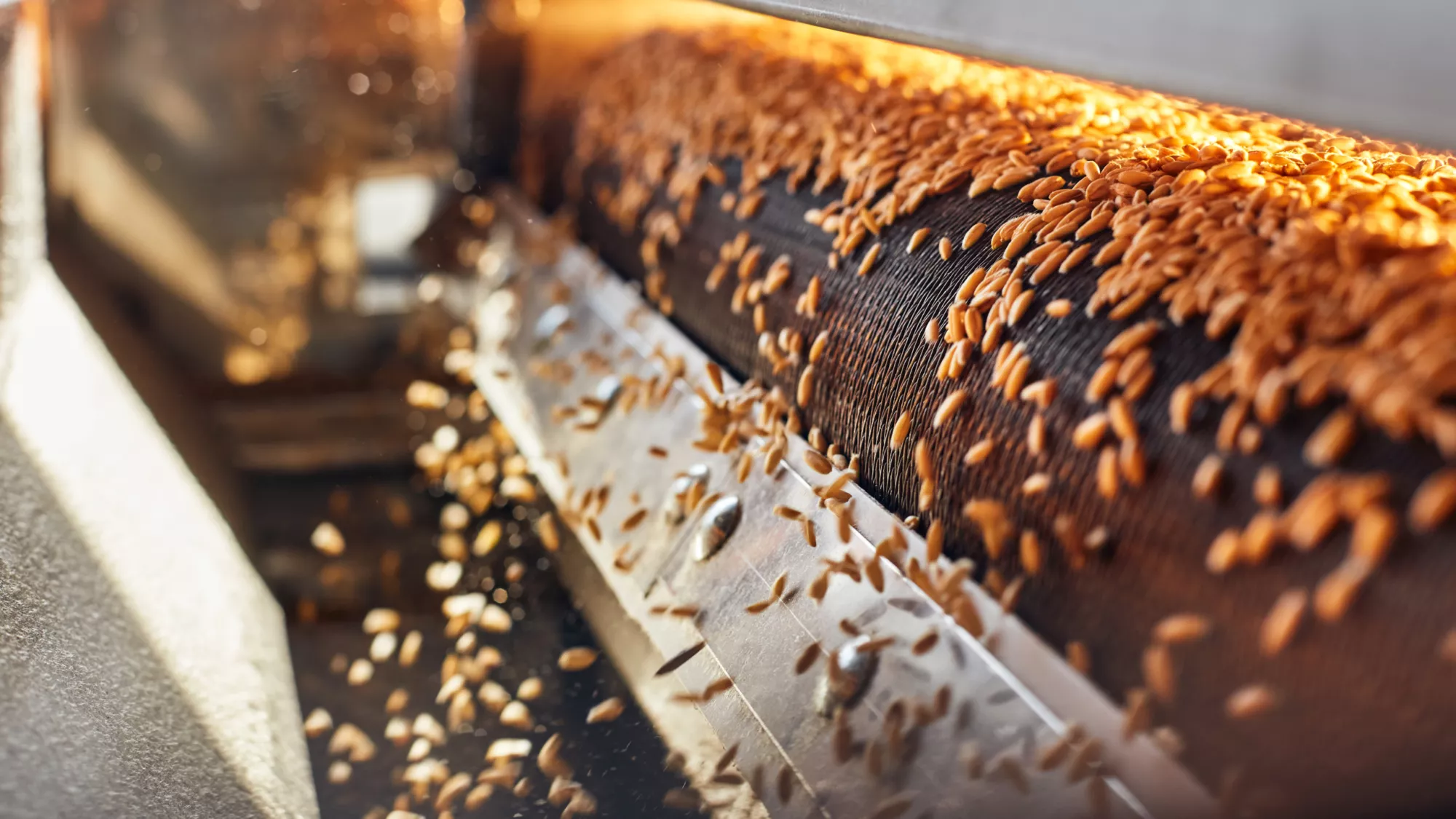Metrology supporting food safety
- Author: JASANZ
Saturday 20 May 2023 marks World Metrology Day, commemorating the anniversary of the signing of the Metre Convention in 1875, which provided a basis for a worldwide coherent measurement system underpinning scientific discovery and innovation, industrial manufacturing and international trade, as well as the improvement of the quality of life and the protection of the global environment.
This year, the World Metrology Day theme is “Measurements supporting the global food system.”
JASANZ celebrates World Metrology Day and recognises the valuable contribution it makes not just that consumers get the amount of food they paid for, but that the presence of food allergens are declared, the food is safe and it is nutritious.
“From the accuracy of nutrition information in the food labels, to the detection of horse meat substitution or warning system that detects a failure of the cold store, metrology is the glue that makes it all possible.”
Kim Leighton
Sector Manager of Food and Biologicals, JASANZ
“From the accuracy of nutrition information in the food labels, to the detection of horse meat substitution or warning system that detects a failure of the cold store, metrology is the glue that makes it all possible,” said Kim Leighton, JASANZ Sector Manager of Food and Biologicals.
Metrology plays a crucial role in supporting food safety by ensuring accurate and reliable measurements in various aspects of the food industry.
“Accurate measurements are essential to support the certification systems that ensure the safety, authenticity and prevention of misleading claims. Auditors rely on verified laboratory results in determining compliance with certification standards,” he said.
As we celebrate World Metrology Day, here are 6 ways in which metrology supports food safety.
1. Calibration of measuring instruments
Metrology ensures that measuring instruments used in the food industry, such as thermometers, scales, pH meters, and conductivity meters, are properly calibrated. Accurate measurements are essential for monitoring critical parameters like temperature, weight, acidity, and conductivity, which directly impact food safety.
2. Traceability and accuracy of measurements
Metrology establishes traceability chains, which provide a clear and documented link between measurements and internationally recognized standards. Traceability ensures that measurements made in the food industry are accurate and consistent, allowing for reliable monitoring of food safety parameters.
3. Quality control and assurance
Metrology supports quality control and assurance in the food industry by providing measurement techniques and standards to verify the quality and safety of food products. This includes the analysis of food composition, contaminants, allergens, and microbiological parameters. Accurate and reliable measurements enable the identification of potential hazards and help prevent contaminated or adulterated food from reaching consumers.
Compliance with regulations and standards
Metrology assists in ensuring compliance with food safety regulations and standards. By providing accurate measurement techniques and calibration procedures, metrology helps food producers and regulators to meet the required quality and safety standards, such as those set by organizations like the Food and Agriculture Organization (FAO), World Health Organization (WHO), and national regulatory agencies (in Australia FSANZ, state health departments and local councils.
5. Food product labelling
Metrology supports accurate labelling of food products, including nutritional information, ingredient lists, allergens and expiration dates. By establishing measurement methods and standards, metrology helps ensure that the information provided on food labels is reliable and consistent, allowing consumers to make informed choices and avoid potential allergens or expired products.
6. Research and development
Metrology plays a crucial role in food research and development by providing accurate reproduceable measurement techniques for evaluating new food processing methods, preservation techniques, and packaging materials. This helps in assessing the impact of these innovations on food safety, shelf life, and nutritional content.
Metrology is essential for ensuring accurate and reliable measurements in the food industry, which is vital for monitoring and maintaining food safety throughout the entire food supply chain, from production to consumption.
JASANZ would like to take this opportunity to recognise and celebrate the contribution of all the people that work in intergovernmental and national metrology organisations and institutes throughout the year to advance measurement science.

